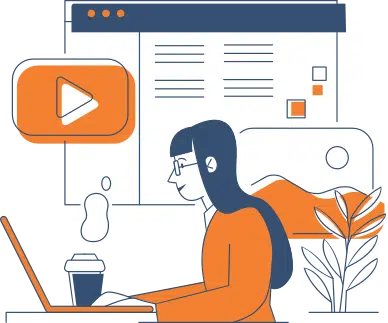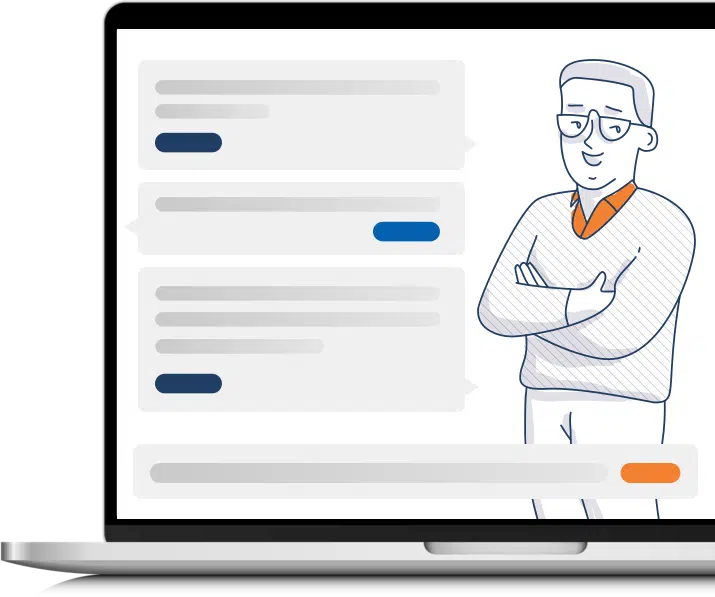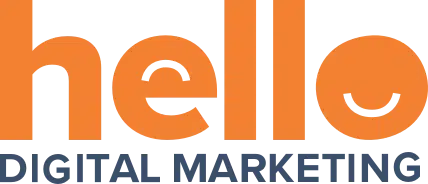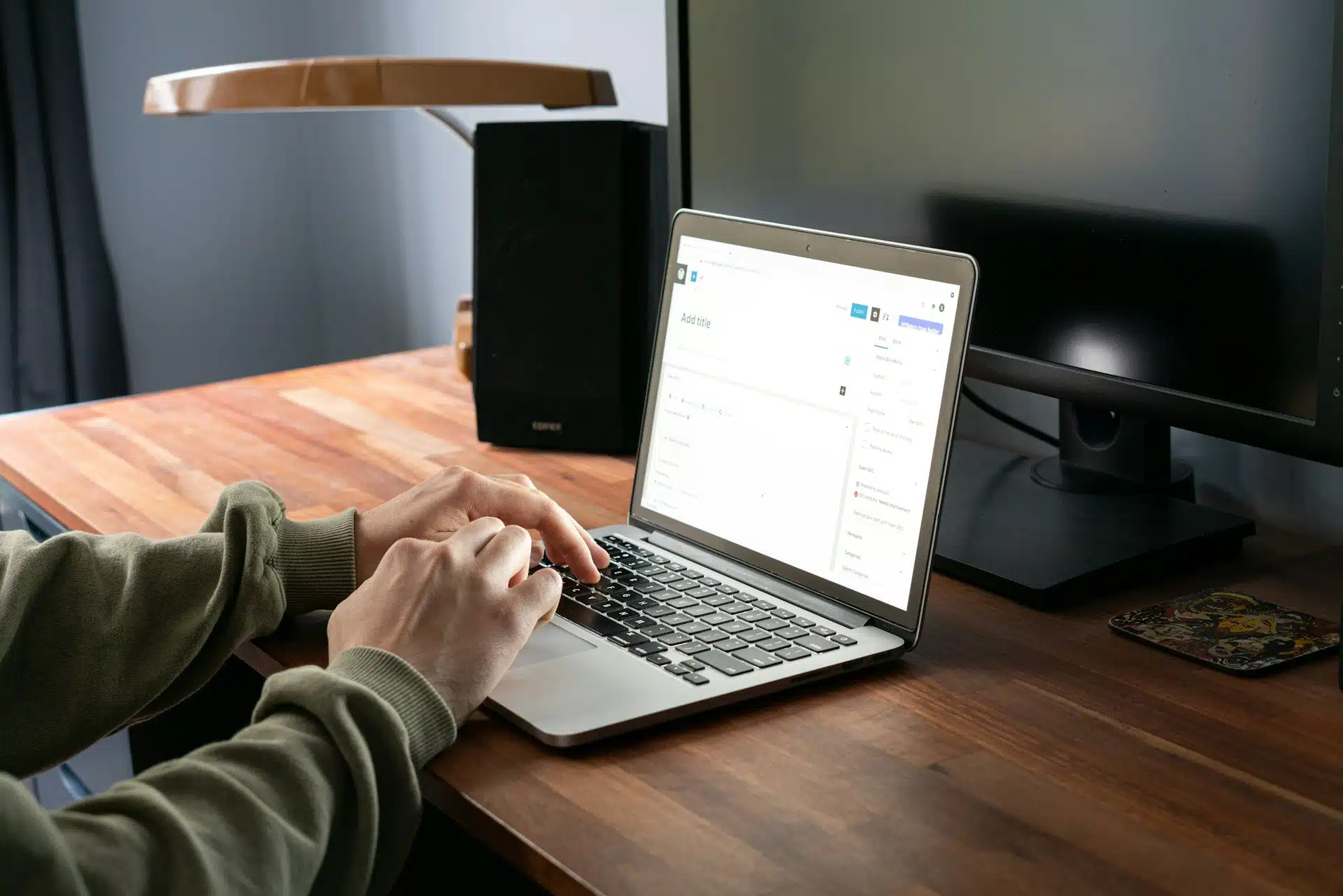
Why aren’t we in the pool yet? It was sunny last week! When is Spring Break – we want to be on the beach, not taking pictures of snow (because we’re in Winnipeg, and it snowed twice last week, and rained yesterday) and posting them to Facebook so we can commiserate with our friends over the poor weather.
Oh well. It’ll change. Spring will happen eventually, we probably just have to stop waiting quite so eagerly for it. Someone on our News Feed will probably tell us before we notice anyway. That’s right, this week, we’re talking Facebook.
What is Facebook?
At this point, Facebook is a behemoth. A mammoth. A really big thing, with logs of horns and trumpets, bells, whistles, and other noisemakers that doesn’t properly have a name. It’s huge. It does a lot of things. It’s gobbled up a lot of companies, like WhatsApp and Instagram, and dozens of others in order to do what it does.
Facebook is your messaging service, your school reunion planner, your wedding album, your town crier. It handles your events, lets you pay your friends back that loan from 10 years ago, and even – depending on the device you use – your phone dialer.
Thankfully, Facebook’s core is still really visible and easy to understand; the platform’s job is to help you connect with people or businesses and share information in their general direction.
While there are a lot of specific features that add great depth to the variety and value of content you as a user can add to your profile, the heart and soul of Facebook’s value to the user has always been a tug of war between sharing your own news (through text, links, or visual media) – and keeping up to date with the news of others (mostly in the News Feed).
As far as most people are concerned, Facebook’s always been about the user. Not the business page you’ve made, the public figure pages for your favorite actors, not the apps we use on our phone, not even the games that make millions on Facebook.
Why do we still believe in Facebook, when every update seems to reduce page reach?
By utter coincidence, Facebook released a tweak to their news feed (again) a few days ago. This one, aimed at “Balancing Content from Friends and Pages.” Once again – as with updates reducing overly-promotional posts and those targeting clickbait – there’s panic about a drop-off in organic reach. This is understandable, because Facebook’s post specifically says it’s going to happen – but just how much depends on your audience.
From their announcement:
“The goal of News Feed is to show you the content that matters to you. […] The impact of these changes on your page’s distribution will vary considerably depending on the composition of your audience and your posting activity.”
Yes, that’s a significant oversimplification of the post itself (it’s basically the first and last line), but it should give you a decent understanding of the direction Facebook wants to go.
Facebook wants to provide value to their users in a way that will be received well. A lot of what’s involved in that is making sure people know and understand what they’re seeing, and why it’s there – and what to do with it once they’ve seen it. This applies as much to your friends’ updates, as it does to the links you post for your business.
It’s the sense of obvious-fit that we like about Facebook. The company’s curation of their products can often feel like restrictions and regulations, but if you’re willing to work with the tools as they’re designed and intended to be used, they’ll become reliable – and trackable – means of driving attention to your business.
Where is the business benefit?
As an ad platform, Facebook is always going to be a strong choice for visibility; your ability, as a business, to target people based on what they share or who they express themselves to be is the most obvious benefit.
Facebook is always moving toward a more human, almost word-of-mouth value to businesses. That is to say, keep your friends close so they can bring their friends closer. Just like word-of-mouth marketing, the influencer-level activity on Facebook creates ripple effects where your best customers share with their friends, who can share with their friends, and so on down the line. This very high level of social proof is more difficult to achieve, but is often more valuable than any ad.
As with so much of social media today, those are really the options; pay for reach where you must, and provide your biggest fans the tools they need to evangelize for you.
Next week, we’ll be looking at a few choice social network with less weight than the big three, but which still have a lot of reach – and show just what you can do with a niche market.
If you have any suggestions for networks we should tackle, or questions about Facebook, please feel free to get in touch or leave a comment here.
Source: Hello BLOG
Recent Articles
Write For Us
Think you’ve got a fresh perspective that will challenge our readers to become better marketers? We’re always looking for authors who can deliver quality articles and blog posts. Hundreds of your peers will read your work, and you will level up in the process.Ready to grow? Say Hello






